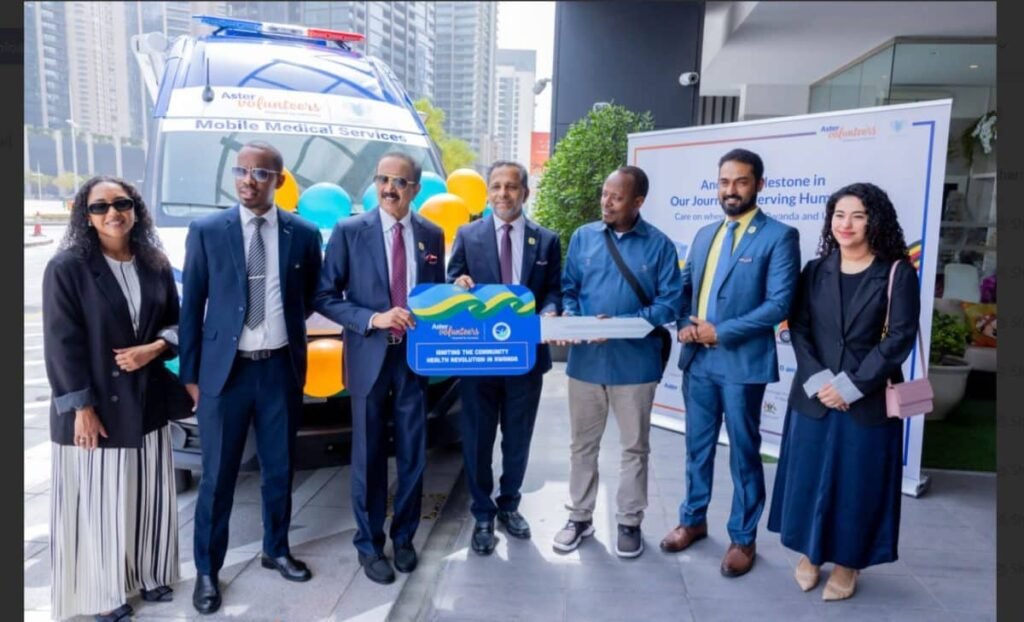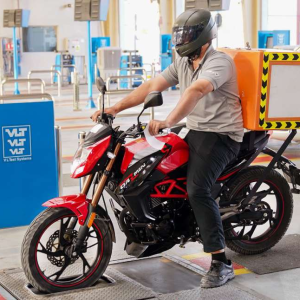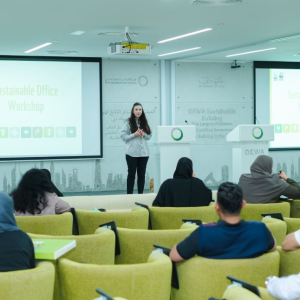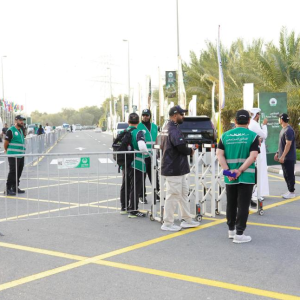Aster Volunteers mobile medical units are now on their way to Rwanda and Uganda, bringing free healthcare services to thousands of people living in remote and underserved areas. This move marks another milestone in Aster Volunteers’ mission to extend quality healthcare to regions that have long struggled with limited access to essential medical services.
Expanding Healthcare Access to East Africa
On September 1, 2025, Aster Volunteers officially launched its 64th and 65th mobile medical units at an event in Dubai. These units are being deployed to serve communities in Rwanda and Uganda where healthcare services are often out of reach for those who need them most.
The initiative was made possible through a Memorandum of Understanding between Aster DM Healthcare and the Health Development Initiative in Rwanda. The partnership is designed to ensure that the mobile medical units can deliver services effectively and sustainably to communities across the two countries.

Features of the Mobile Medical Units
The mobile medical units are equipped to function as small clinics on wheels, offering basic yet vital healthcare services. Each unit includes consultation rooms for doctors and nurses, allowing patients to receive checkups and medical advice without traveling long distances.
They also come with mini laboratories for simple diagnostic tests, medicine dispensing counters, and infection control systems. This ensures that patients can not only be examined but also receive immediate medication and guidance from medical staff.

Another important element of the units is the health education component. The staff will use these mobile clinics to raise awareness about preventive care, hygiene, nutrition, and other health practices that can help communities reduce disease risks and improve their quality of life.

Addressing Healthcare Challenges in Rural Communities
Healthcare access remains one of the most pressing challenges in many parts of East Africa, particularly in rural and marginalized regions. People often have to walk long distances to reach a health center, face high costs for treatment, or are unable to get timely care due to shortages of medical staff.
By taking medical services directly to villages, the Aster Volunteers mobile medical units reduce these barriers. The units save patients time and money while providing timely interventions that can prevent minor illnesses from becoming serious health crises.
The Humanitarian Vision Behind the Project
Aster DM Healthcare, through its Aster Volunteers program, has long been committed to improving healthcare access for underserved populations. Dr. Azad Moopen, Founder Chairman of Aster DM Healthcare, emphasized during the launch that the mobile units are lifelines for communities in need.
He noted that the organization’s goal has always been to take compassionate and quality care to those who cannot access it easily. Deploying mobile medical units to Rwanda and Uganda is part of a broader vision to address healthcare inequality across the globe.
In Rwanda, the local implementation partner is the Health Development Initiative, led by Executive Director Dr. Aflodis Kagaba. He expressed that the partnership with Aster Volunteers is a major step forward in ensuring that rural communities gain access to basic and preventive healthcare services.
A Track Record of Impact
The mobile medical units are not a new initiative for Aster Volunteers. Over the years, the organization has successfully deployed similar units in multiple countries, reaching millions of people.
Since its inception, the Aster Volunteers Mobile Medical Service has touched the lives of over 2.4 million individuals through these traveling clinics. Beyond that, Aster Volunteers as a whole has impacted nearly seven million lives through programs in healthcare, education, environmental initiatives, and disaster relief.
The new deployment to Rwanda and Uganda is part of a growing global network of mobile healthcare services. By expanding into East Africa, the organization continues to strengthen its presence in regions where healthcare access is most needed.
Expected Benefits for Communities
For communities in Rwanda and Uganda, the arrival of the Aster Volunteers mobile medical units means hope and convenience. Families living far from hospitals will now have regular visits from medical teams, bringing care to their doorsteps.
Children will benefit from routine health checkups and immunizations, while mothers will gain easier access to maternal and child health services. Health awareness sessions on hygiene, sanitation, and nutrition will help entire communities adopt healthier practices that can prevent the spread of diseases.
The cost savings will also be significant. Instead of spending money on long journeys to urban centers for treatment, families can now receive medical care locally, free of charge.
Challenges Ahead
Although the initiative holds great promise, it is not without challenges. Operating mobile medical units in remote areas requires careful planning and resources. Roads and terrains can be difficult to navigate, and ensuring a steady supply of medicines and equipment will be critical.
Another challenge is staffing. Mobile units require trained doctors, nurses, and support staff who are willing to travel to rural areas regularly. Ensuring high-quality care while maintaining consistency will be an ongoing task.
Sustainability is another important factor. Long-term funding, community engagement, and collaboration with local health systems will be essential for the program’s success. Building trust with local communities will also take time, especially in regions where healthcare services have traditionally been scarce.
The Broader Significance of the Initiative
The deployment of Aster Volunteers mobile medical units to Rwanda and Uganda is more than just a healthcare initiative. It reflects a broader shift in global health strategy, where mobile and flexible healthcare delivery models are increasingly used to reach underserved populations.

It also highlights the importance of public-private partnerships in addressing global challenges. By partnering with local organizations such as the Health Development Initiative, Aster Volunteers ensures that the project is grounded in local needs and realities.
Furthermore, the initiative aligns with global goals of reducing health inequalities and ensuring that no one is left behind in accessing basic medical care.
Looking Ahead
The next few months will reveal how effectively the mobile units integrate into the healthcare systems of Rwanda and Uganda. Key measures of success will include the number of people reached, the types of health conditions treated, and the community’s response to the services.
It will also be important to track improvements in specific health outcomes, such as maternal health, child immunization rates, and the reduction of common diseases. If successful, the program could serve as a model for other regions facing similar healthcare challenges.
Conclusion
The launch of Aster Volunteers mobile medical units in Rwanda and Uganda represents a significant step toward improving healthcare access in East Africa. These units are more than vehicles; they are mobile lifelines carrying hope, healing, and education to people who have long struggled with limited healthcare options.
By reducing barriers, providing free services, and building partnerships with local organizations, Aster Volunteers is setting an example of how compassion and innovation can work together to address one of the world’s most pressing challenges. If sustained and supported, this initiative has the potential to transform health outcomes for thousands of families in Rwanda and Uganda, ensuring that quality care truly reaches everyone, everywhere.
Do follow UAE Stories on Instagram
Read Next – FAB Emerging Market Growth with Developed Market Discipline












